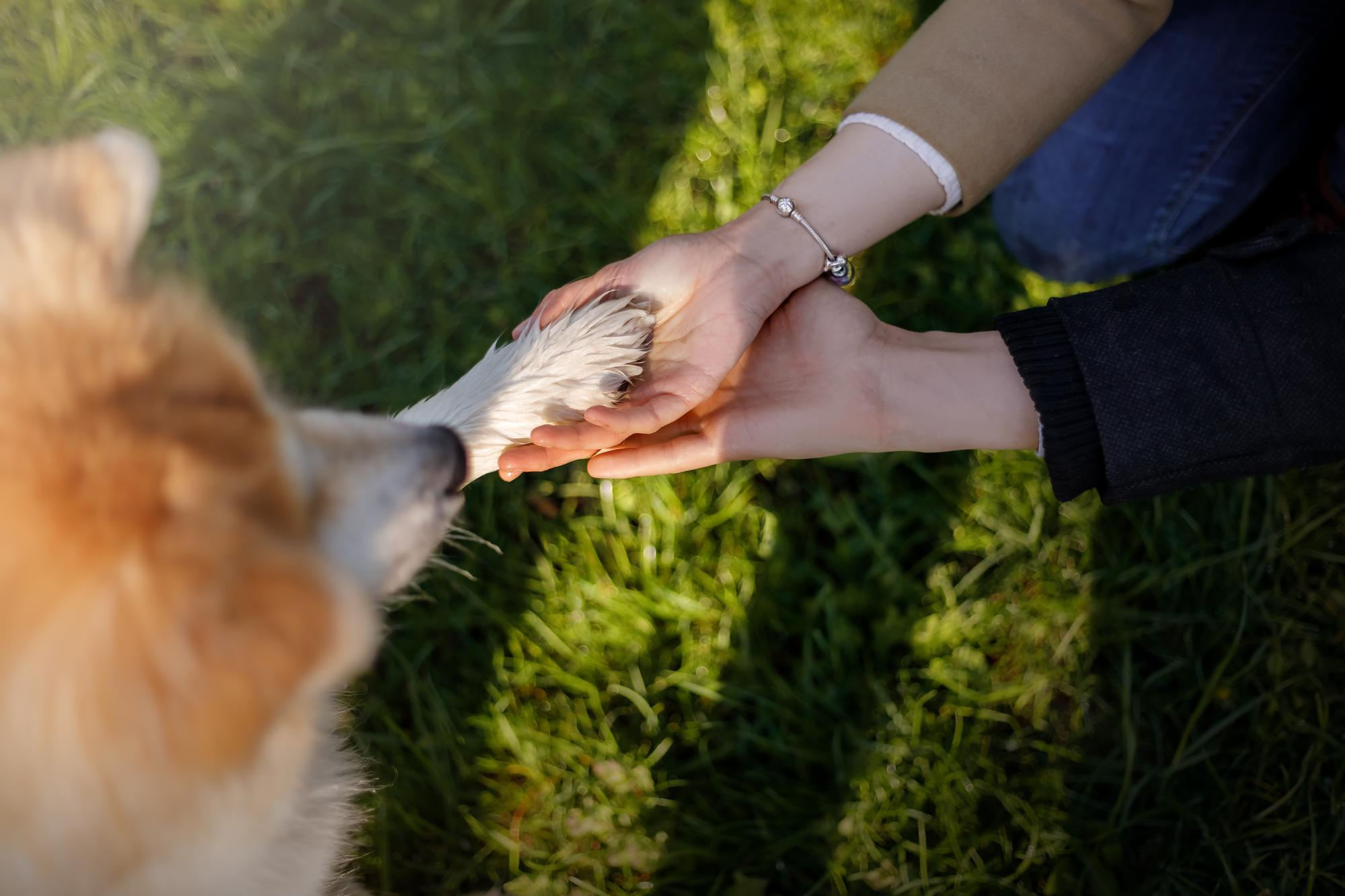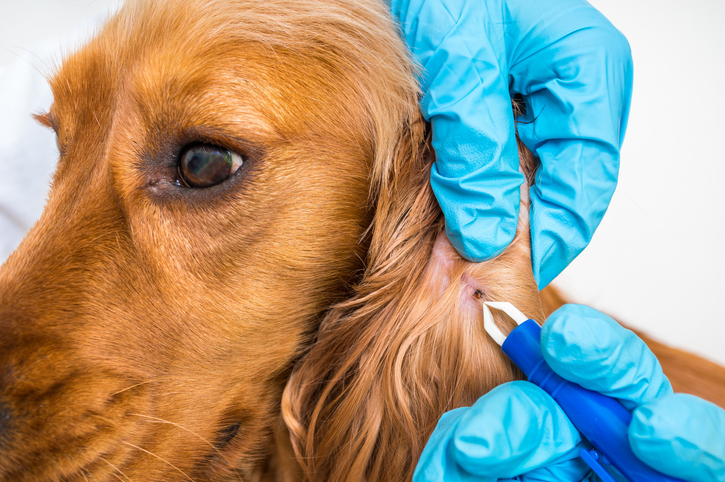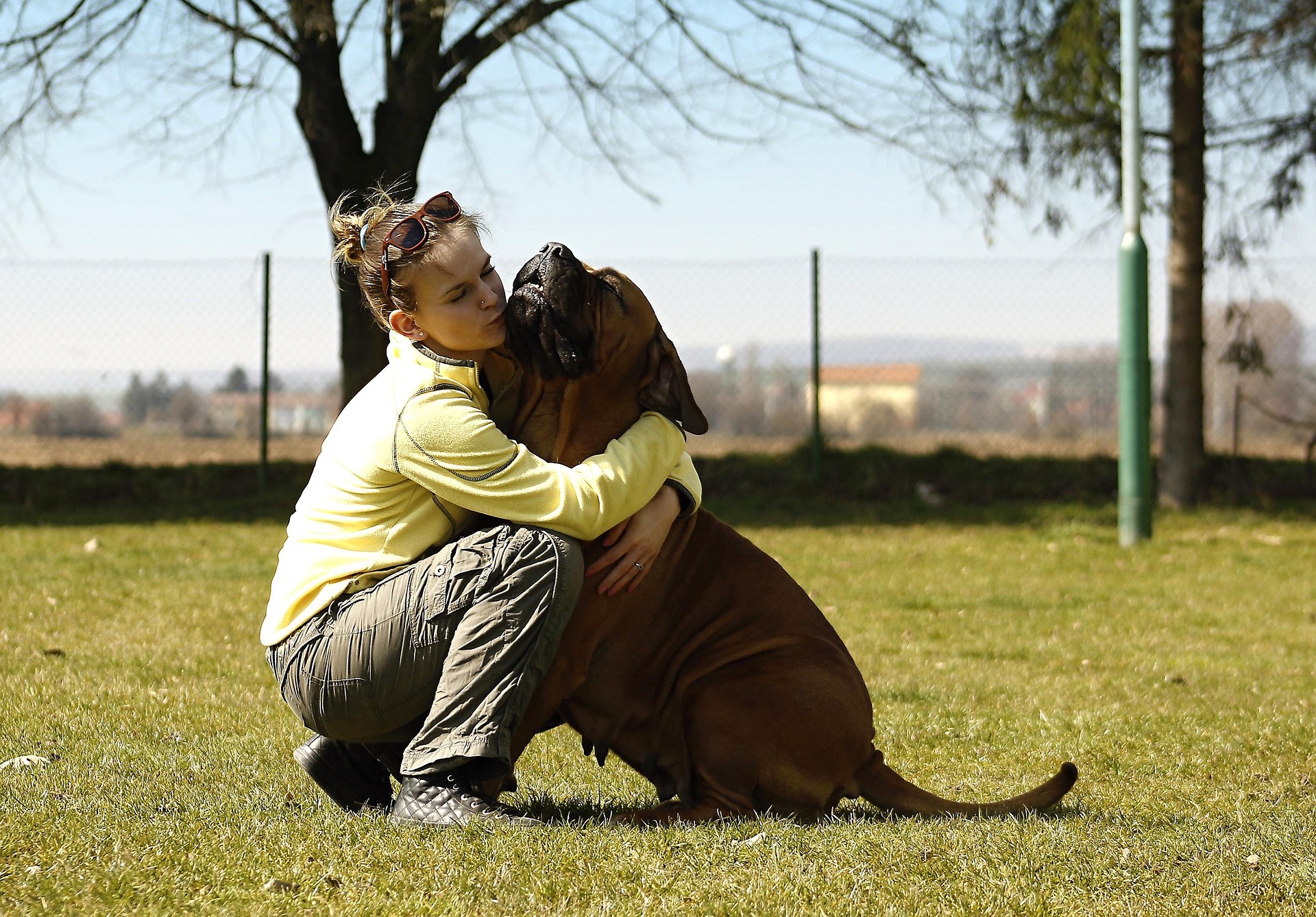In a perfect world, our pets would all be in their forever homes, secure in the knowledge that they’ll live their entire lives with the same person and/or family looking after them. Unfortunately, there are some circumstances where this simply isn’t possible.
In these cases, pet owners need to understand the steps of properly transitioning pet ownership, ensuring a smooth transition for their pet and preventing the heartbreaking possibility of the pet becoming ownerless. In this guide, we’ll explain everything you need to know about transitioning ownership of a pet responsibly.
Why Might Pets Need New Owners?
There are several valid scenarios where transferring ownership of a pet might be unavoidable. Ultimately, a pet ownership transition should always be for the good of the pet, in order to provide them the best possible life and care. Here are a few cases where a pet might need to go to a new home:
- Extreme behavioural challenges that the current owner can’t manage and treat, for example ongoing territoriality, challenges interacting with people or other pets, or severe separation anxiety
- Lack of pet-friendly housing—in situations where the choice is between transferring ownership of a pet and not having somewhere to live, many people must make this difficult choice
- Inability to pay for proper pet care, especially if the pet has unique or unexpected health issues that have become too expensive for the current owner
- Human medical issues that mean the current owner is unable to provide the care that their pet needs and deserves
- Lifestyle mismatch between people and pets, such as not being able to make the necessary time to exercise an energetic dog
- Unfortunate instance of the owner passing away
Make no mistake—transferring ownership of a pet isn’t an easy decision, nor is it one to be made lightly. The truth is our pets deserve the very best. If you’re unable to provide the time, care, and attention that your pet needs, you owe it to them to be honest about the situation and give them to someone who will be able to care for them.
What to Do if You Must Transfer Ownership of Your Pet
If you’ve come to the sad realization that you’re no longer able to keep caring for your pet, it’s time to face a few other realities to ensure the transition is as easy as possible for your furry friend.
Contact the Shelter or Rescue You Adopted Your Pet From
If you adopted your pet from a shelter or rescue organization, you may be required to contact them if the adoption didn’t work out for any reason. In an effort to keep pets from becoming homeless or going to homes where they’ll be abused or neglected, many shelters contractually require you to return the pet rather than find a new home for it yourself.
While it can be difficult to not have a say on who will have your pet after you in these situations, you can trust that reputable shelters will take as much care finding the next owner as they did with you.
Be Upfront with Potential New Owners
If you find yourself looking for someone to adopt your pet from you, it’s important that you’re completely honest about your pet before making any agreements. While it might be tempting to bend the truth about difficult behaviours in an effort to get your pet into a new home, this is essentially just passing on the exact problem you’re already having. If you’re not transparent about why you’re giving up your pet, you risk the next owner not working out either, causing even more stress and anxiety for your pet down the line. Many people are well equipped (with adequate training tools and resources) to provide a loving home to pets with significant behavioural challenges.
Choose New Owners Carefully
It’s always worth considering rehoming a pet with people you and your pet already know. This helps your furry friend feel more comfortable and at ease, greatly reducing the stress that so often comes with rehoming.
With that said, if you’re considering letting someone you know adopt your pet from you, it’s vital that you stay objective about the person’s ability to care for your pet. If you’re looking to transfer ownership of a large, energetic dog that needs lots of exercise, giving them to a busy corporate worker who spends 40 hours per week in the office probably isn’t a good idea. If you know your cat requires expensive medications to stay healthy, you’ll want to make sure they go to someone who will be financially able to cover these costs.
Of course, you’ll also want to make sure the general lifestyle and personality of a person
fits well with your pet’s needs in order to give them a happy life in this new chapter.
Use Local Resources
Local organizations, such as the BC SPCA in British Columbia, may be able to assist in rehoming your pet. Some (though not all) SPCA facilities will accept pets surrendered by their owners, including the Vancouver SPCA and Burnaby SPCA, though this is a multi-step process.
Other resources may be available to help you find new ownership of your pets. In the Lower Mainland, you can try contacting shelters like S.A.R.A. in Surrey and the Vancouver Humane Society for help and guidance with finding a new home for your pet.
We strongly suggest you take lots of time to find a suitable owner and ensure you’ve done your due diligence to ensure they’re a good fit for your pet. You may also contact your veterinary team as they may know of another client that might be looking to provide a loving home to a pet in need.
Transfer Registered ID
Assuming your pet has a microchip or tattoo, you’ll need to transfer that identification to the new owner. This ensures they’ll be returned to the correct person if they get lost, helping to prevent pets from becoming homeless after being given away or surrendered. In BC, most pets are registered with the BC Pet Registry—you’ll need to fill out their ownership transfer form. If your pet has a microchip or tattoo, but you’re not sure what it’s registered to, your local BC SPCA animal centre can help. Your pet’s current veterinary office can help you with registering your pet with BC Pet Registry if needed.
Register a Secondary Owner/Alternative Guardian with Your Vet
Lastly, it’s vital that you maintain continuity of care for your pet after giving them to someone else. This ensures your vet is able to keep providing necessary prescriptions, do vital recheck examinations and routine check-ups, and maintain continuous health records.
Most vets will allow you to establish a secondary owner or guardian even if you plan to keep your pet, and all clinics will have a form if you need to transfer ownership altogether. If you have to give away a pet that is registered with Hastings Vet (or if you want to name a secondary owner in case you can’t be reached or aren’t able to care for your pet), you can resubmit a registration form online in just a few moments.
Creative Commons Attribution: Permission is granted to repost this article in its entirety with credit to Hastings Veterinary Hospital and a clickable link back to this page.






